Blogs
Coping with cognitive distortions can be a challenge. In the intricate landscape of our brains, thoughts can often be like tangled balls of yarn, distorting reality and discoloring our perception of the world around us. For those of us coping with depression, these cognitive distortions can become particularly prominent, taking the tangled yarn and weaving a complex tapestry of negativity and despair. It becomes imperative to untwist our thinking and return to a more logical and realistic mindset. In the past year, through training peers about cognitive distortions and mental health wellness, I have come up with a couple of strategies to assist with coping with cognitive distortions.
When you have a history of trauma, dealing with betrayal can feel devastating. We all face betrayals of sorts throughout our lives. Unfortunately, hurt people hurt people. Some parents exploit their children; some spouses have affairs; some friends backstab their childhood besties, etc. Betrayal is all around us. We betray others in small ways; they betray us just the same. Sometimes, it's unintentional. Other times, it's purposeful. Nevertheless, it happens. But add a history of trauma to betrayal, and it's even more detrimental.
People, I feel wrongly, assume that you are either depressed or moody. When I was a teenager, I used to get frequent mood swings. At this age, I would also get episodes of depression. Unfortunately, I was labeled moody, and this was one of the primary reasons I was diagnosed with depression in my twenties. Honestly, I believe this is pretty common: depression and moodiness are considered mutually exclusive. However, according to personal experience, a person can experience both depression and moodiness.
Technology does not have to be an enemy for recovering gambling addicts. The right digital tools for gambling recovery can help you achieve and maintain abstinence and even improve emotional wellbeing. Let's take a look at how technology can aid in gambling recovery.
One of the most difficult side effects of my anxiety is irritability. I can easily snap over small things. It's exhausting to feel irritable most of the time, and my poor family gets the brunt of it. In my journey to healing, I have found that I am most irritable at certain times of the day. Gaining this knowledge has helped me find ways to conquer irritability, and because of this, I know that you can, too.
Daily journaling has been my guiding light on the path to managing borderline personality disorder (BPD). When hit with a BPD trigger, there are intricate layers to my emotions and thoughts. Having those thoughts in front of me is sometimes the only tool that loosens the grip cognitive distortions have on me. It's more than just putting pen to paper; it's a safe place where I can process my inner turmoil and gain invaluable self-awareness. Journalling is definitely helpful for BPD management.
Understanding your binge eating triggers can help you break the cycle. Embarking on the journey to recover from binge eating disorder (BED) was a great experience. There were many moments of triumph and self-discovery. In this article, I will share my journey of breaking the cycle of binge eating by understanding my triggers and embracing a path toward healing and self-love.
I recently flew in an airplane, and it triggered my schizoaffective anxiety. Here’s how my schizoaffective anxiety was affected by flying in an airplane.
Now, I've learned how to keep my anxiety from hurting others. There was a time when I was a lot younger that I was easily agitated and often angry. What I realized later on in life was that this was related to my anxiety. I often found myself experiencing these intense feelings that I couldn't quite express, and unfortunately, I couldn't quite find an outlet for them either. As a result, I found that I would often express these feelings to others. Things are different for me now, though, as I work to keep my anxiety from affecting others.
Basic human decency is the glue that holds society together. It is the golden rule we were taught as children: treat others as you would like to be treated. Unfortunately, basic human decency is lacking in our world, and it affects our mental health in several ways. Let's take a look.
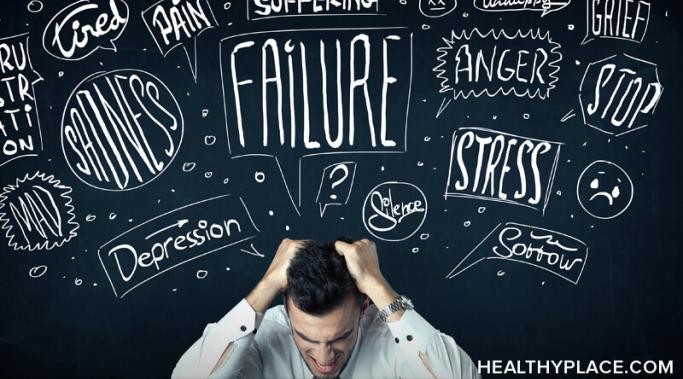

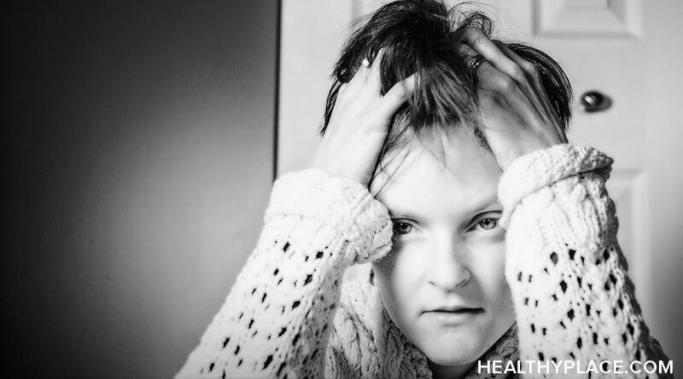
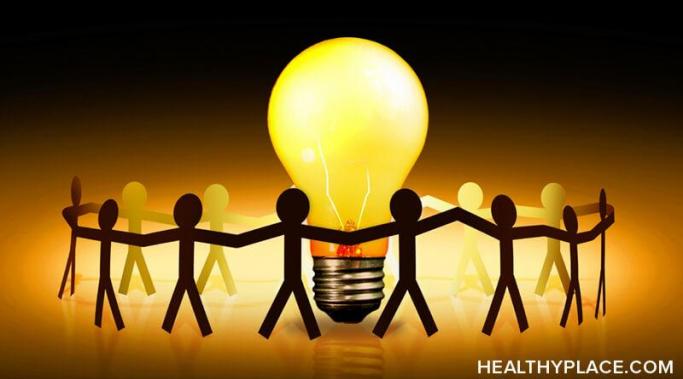

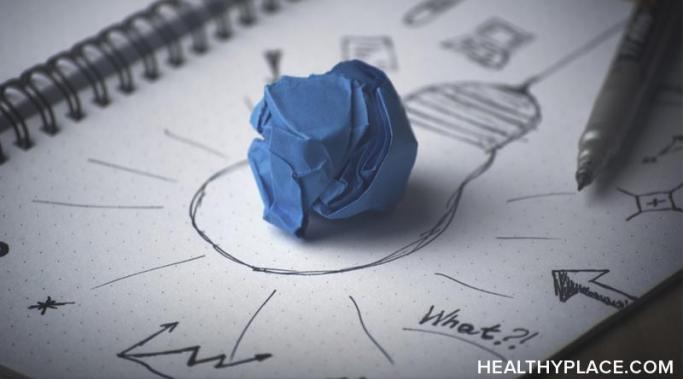

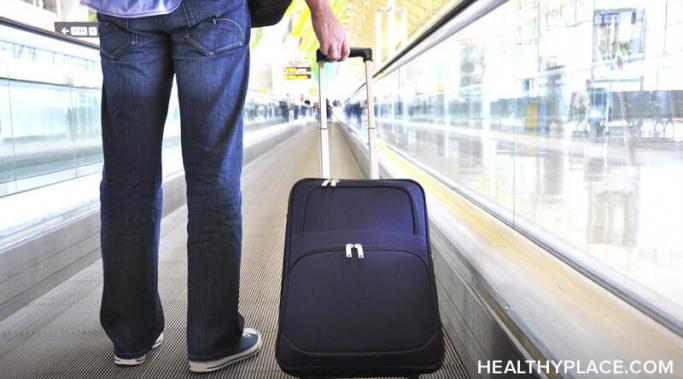


You are absolutely correct when you said, "They're still going to act like people." People are people who will act in ways we wish they wouldn't -- even the ones closest to us. That statement can be a large pill to swallow, yet it is one that we need to get down if we want to sustain our mental health. I have a specific page in my journal that lists things I can control and can't. I often look at it to remind myself that I can't control other people's actions, choices, or feelings.